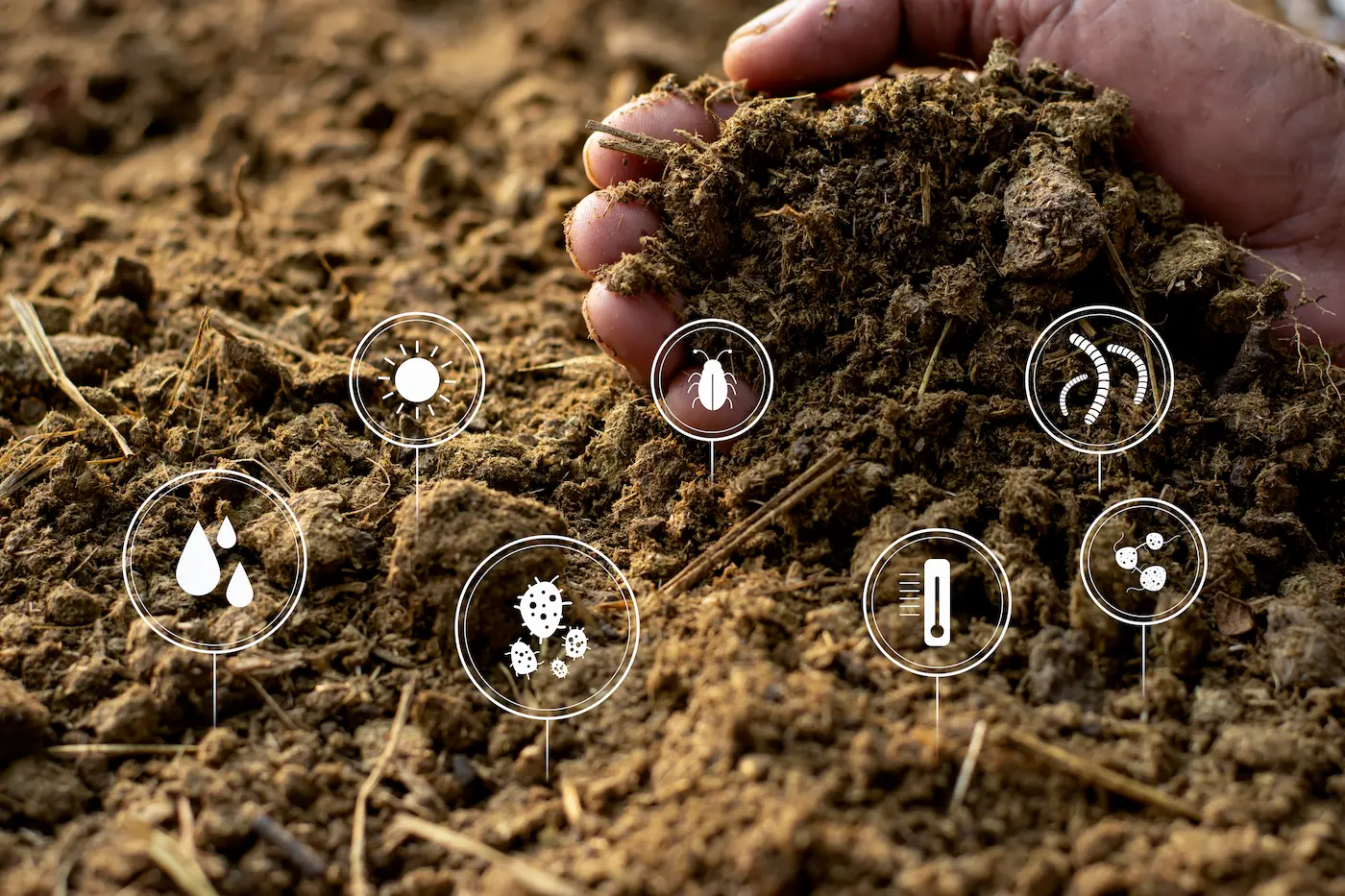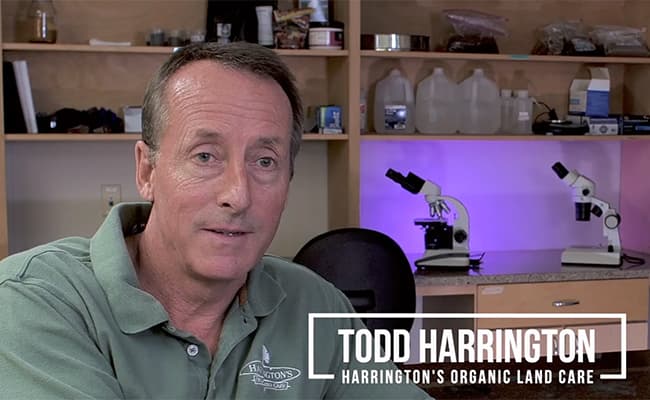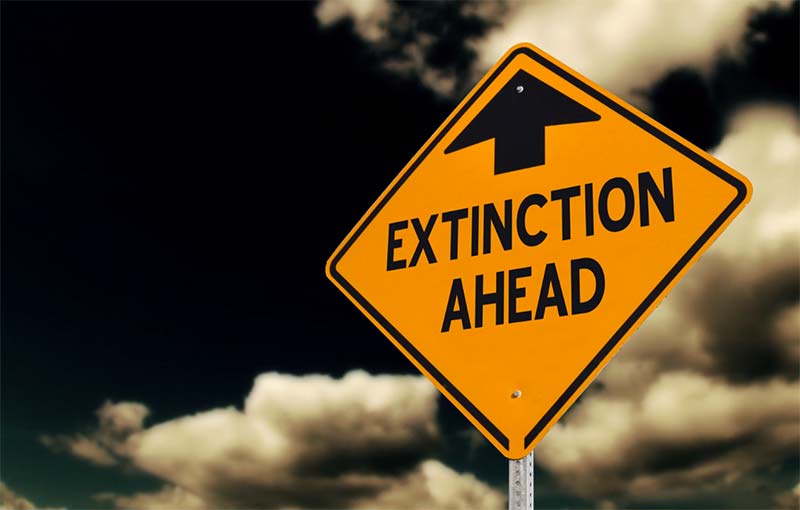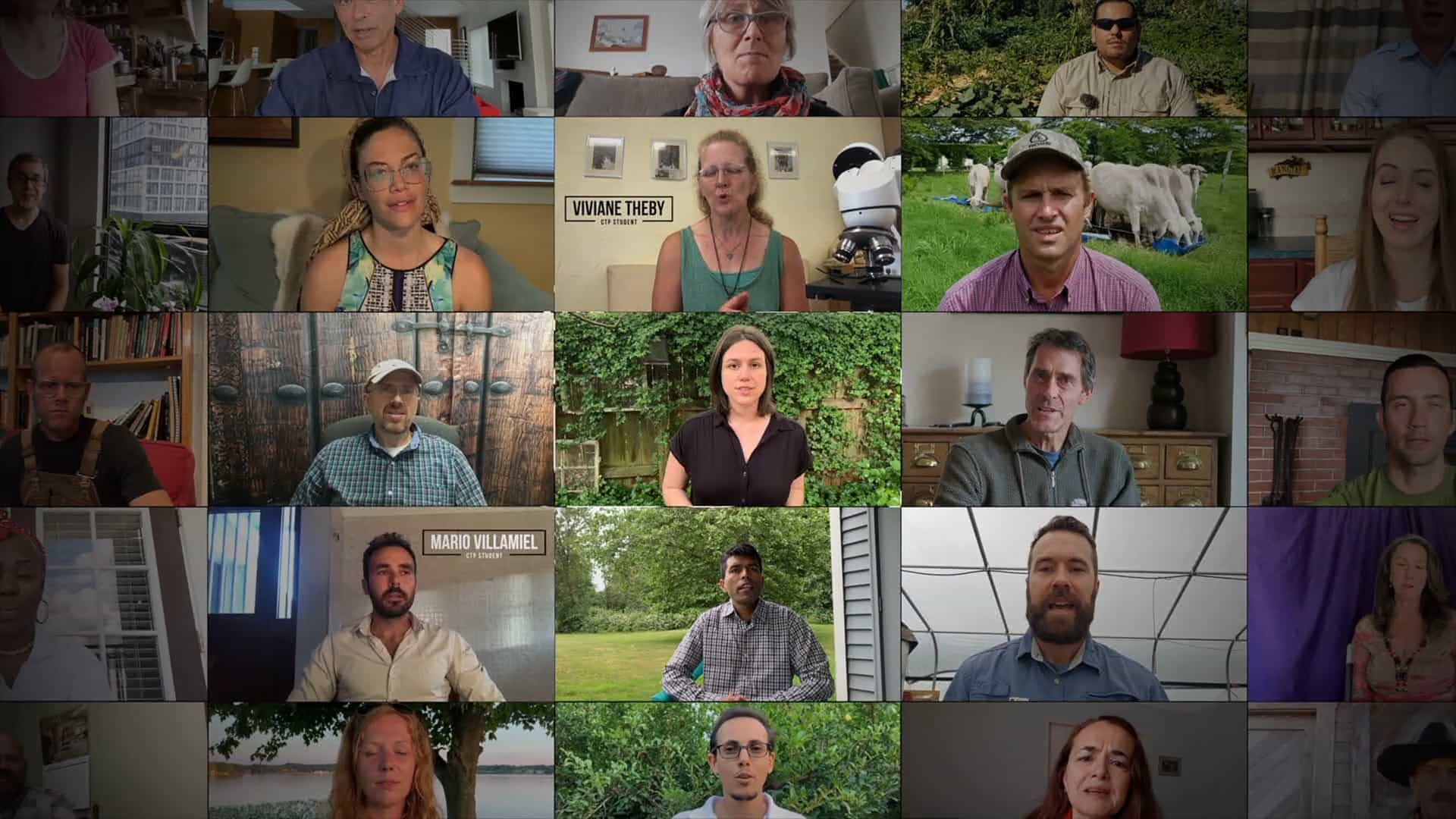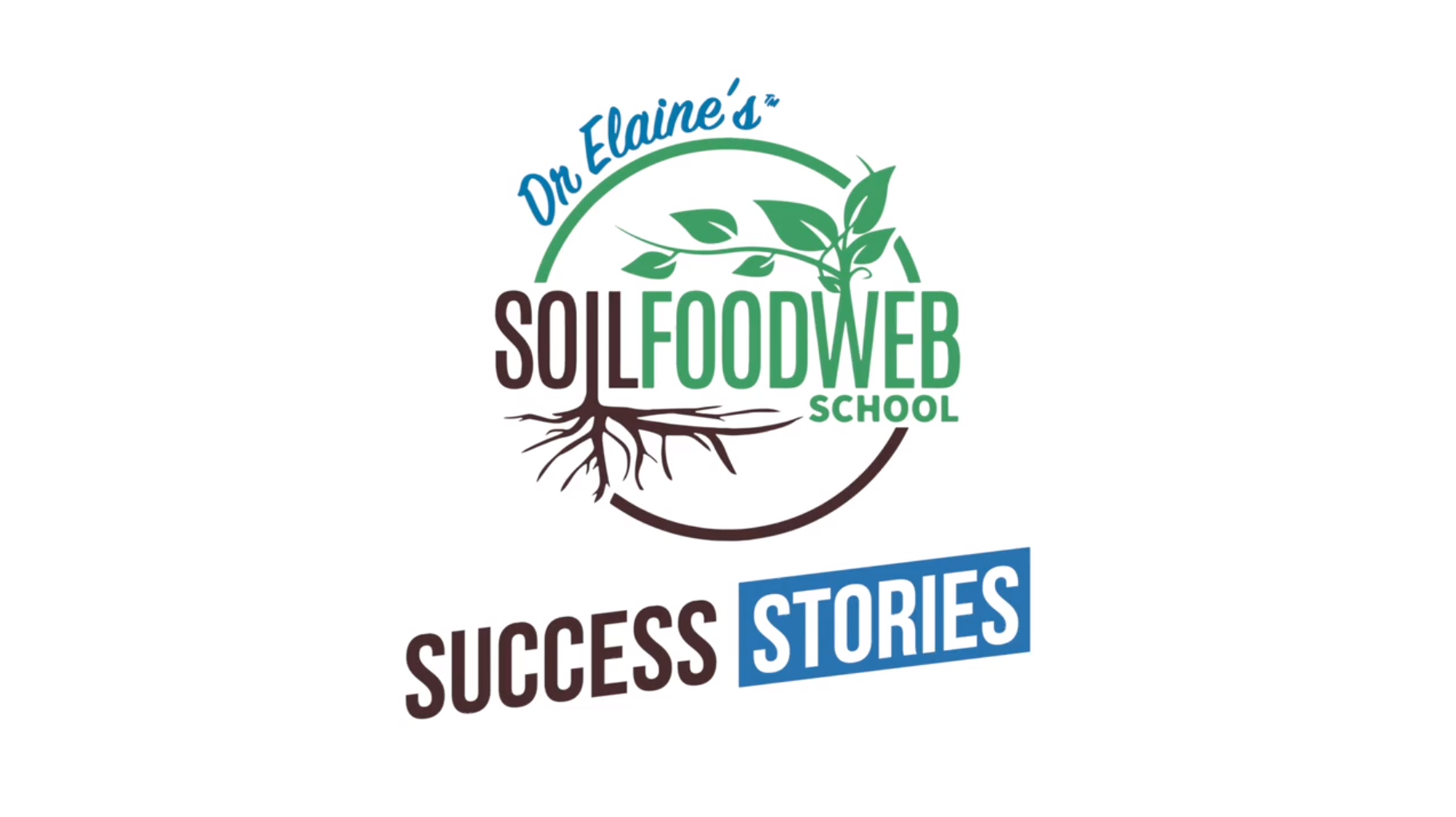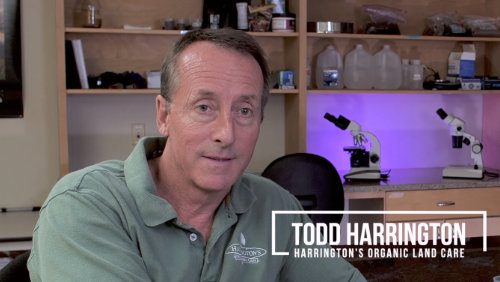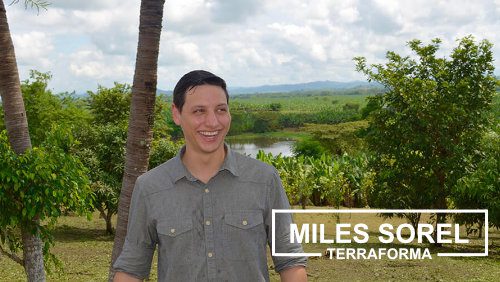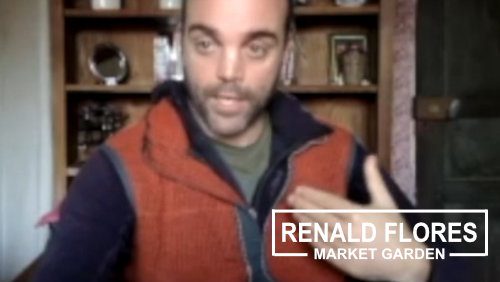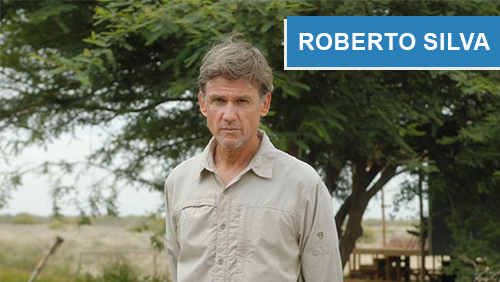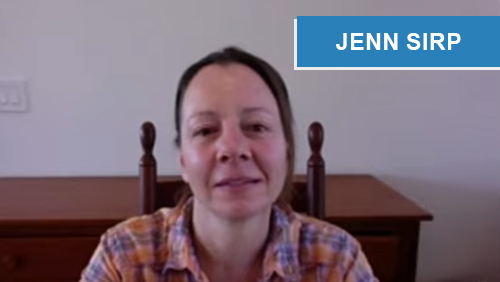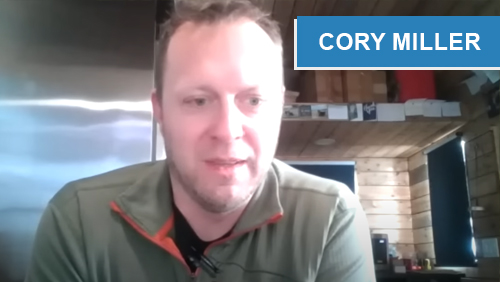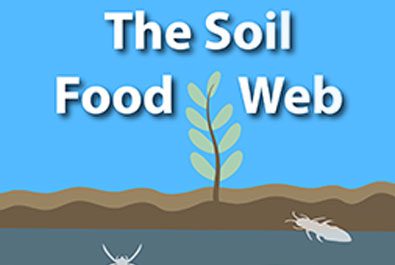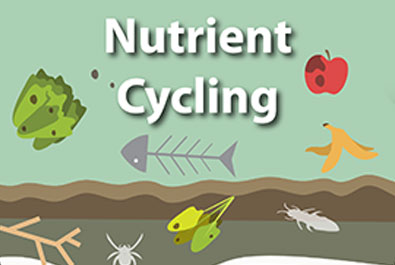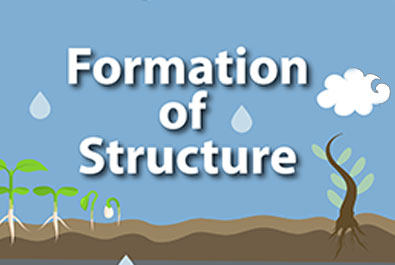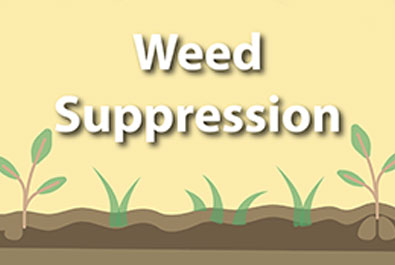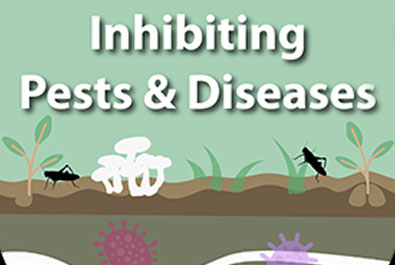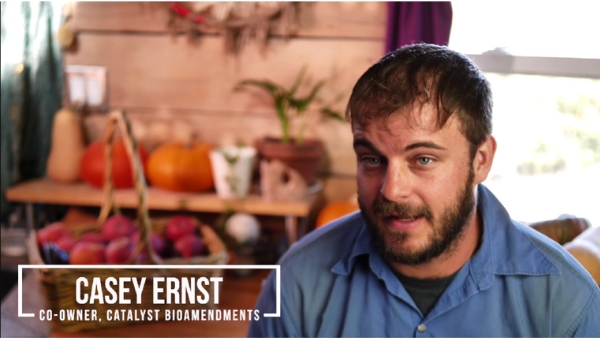Didi Pershouse is the author of The Ecology of Care: Medicine, Agriculture, Money, and the Quiet Power of Human and Microbial Communities and Understanding Soil Health and Watershed Function. She teaches participatory workshops both in person and online, helping to show the nested relationships between soil health, human health, water cycles, and climate resiliency. She is the founder of the Land and Leadership Initiative and the Center for Sustainable Medicine, and a co-founder of the “Can we Rehydrate California?” Initiative. She is an independent trainer and curriculum developer for the UN-FAO Farmer Field School Program and the Andhra Pradesh Community Managed Natural Farming Initiative in India. She was one of five speakers at the United Nations-FAO World Soil Day in 2017.
Healthy soil is the fundamental infrastructure that makes life on land possible, but only when it is alive and functions like a sponge. A living “soil sponge” can soak up rain, store and filter water; and provide health, resilience, and thriving economies for the communities that grow from it.
Farmers and communities that create conditions for a soil sponge to grow experience interrelated benefits such as:
- Healthier crops, animals, and people
- Abundant clean water
- Cooler regional temperatures
- Reduction of wildfire risk
- Resilience to flood and drought
- Reduced erosion, dredging, and road repairs
- Higher farm profitability
- Prevention of algae blooms and dead zones
- Cleaner air
- Increased biodiversity
- Reduced conflicts over resources
- Improved local economies
- Putting atmospheric carbon to work creating landscapes that support all of life.
Topics Covered:
- Landscapes that Work for All of Life
- Collaborating with the Essential Workforce of Other Species
- Measuring Change for Long Term Success
- Money, Life, and Land
- Choosing Effective Intervention Points
Participants will gain:
- a working knowledge of whole systems landscape function
- an increased ability to evaluate land management decisions, practices, and policies
- tools to create and lead soil health initiatives in your region
- a community of practice: deep discussions with people working towards similar aims.
Participants will also have:
- A clear picture of soil’s central role in addressing current economic, social, and environmental pressures.
- A scientific understanding of the living matrix of the soil carbon sponge, and its relationship to carbon, water, and nutrient cycles.
What you’ll get with this workshop:
- Interactive peer learning environment.
- Network with other students/farmers in the group setting.
- 5 weekly sessions each lasting 2.5 hours.

